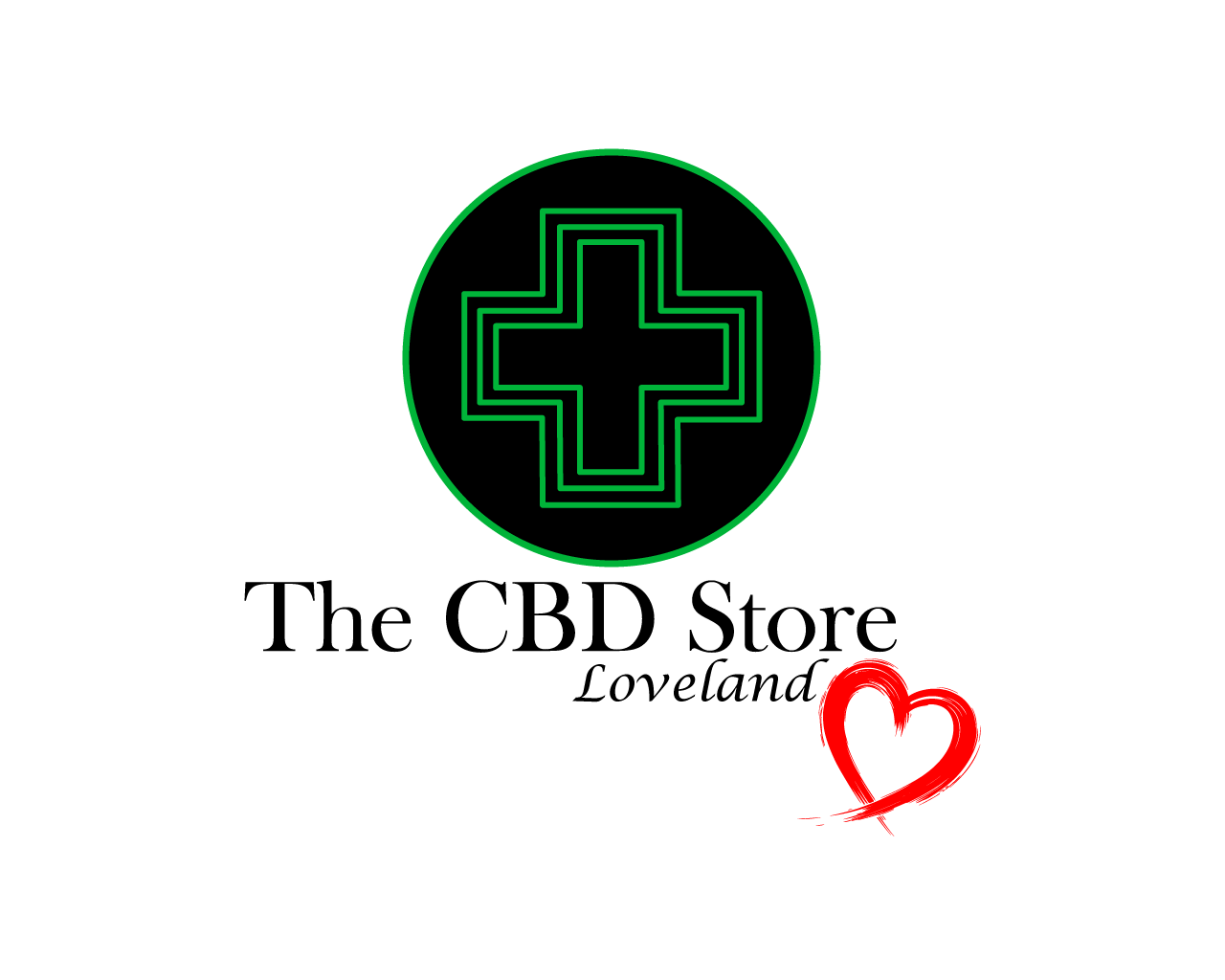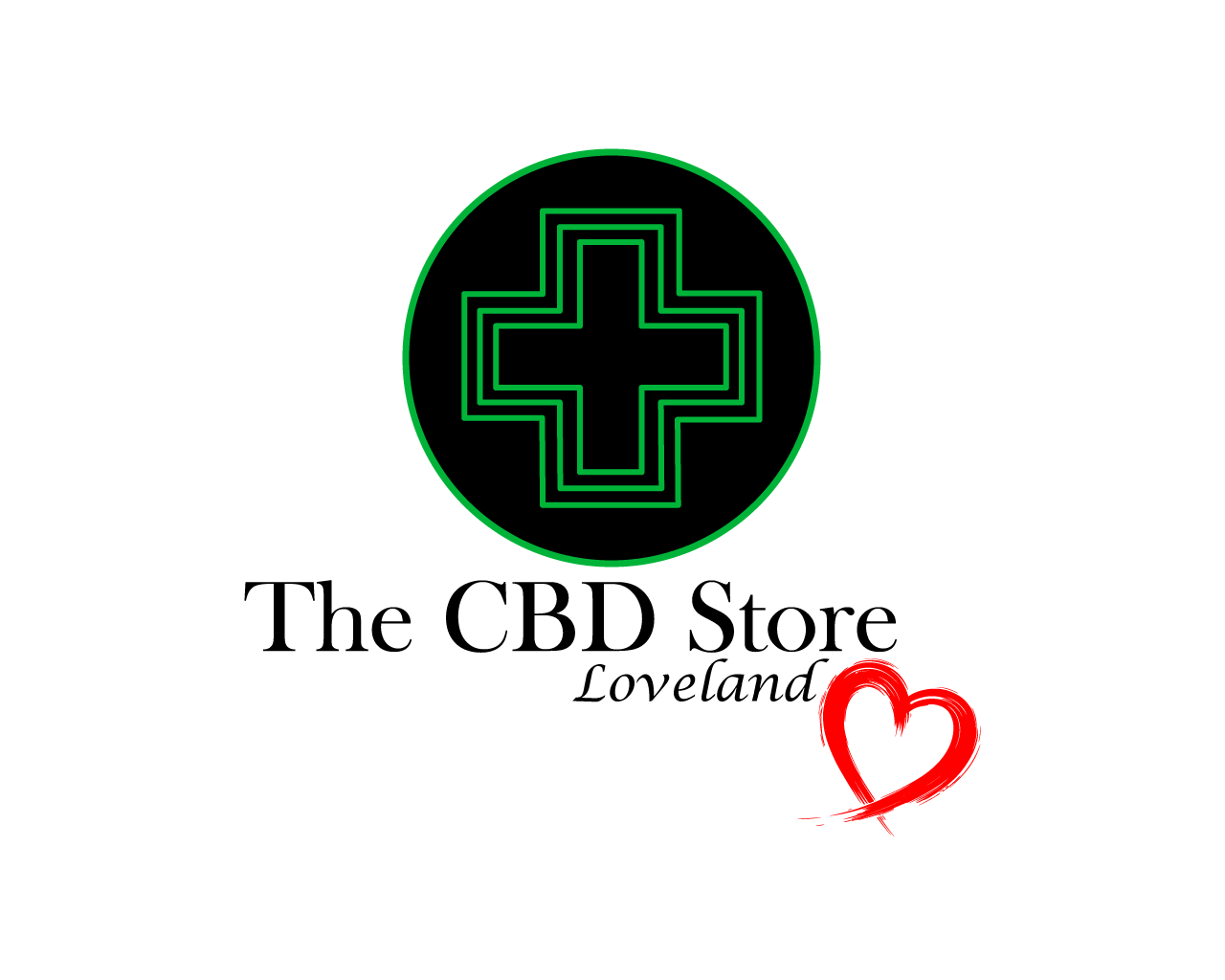One of the variables to take into consideration when evaluating CBD products is potency.
CBD potency specifically refers to how strong it is. If a CBD extract is rated at 300mg, it’s going to be about half as strong (potent) as the same amount of a CBD extract rated at 600mg CBD. These potencies also rely on the actual size of the bottle! The total CBD listed in mg refers to the dose contained IN THE ENTIRE BOTTLE. If you have a smaller bottle, the potency will increase, so 300 mg in a 15 mL bottle will be twice as potent as a 300 mg oil in a 30 mL bottle.
The majority of CBD companies sell oil tinctures in three different potencies:
- 300 mg
- 600 mg
- 1000 mg
Each of these potencies can come in a 15, 30, 50, or 60mL bottle. These are the most common, but there are also more potent 2000 mg and 4000 mg CBD options available too.
The most important thing to remember when you buy CBD oil is to keep in mind that the bottle size matters. There’s a simple calculation you can make to determine the strength of a CBD oil. It goes like this:
[AMOUNT OF CBD IN MG] ÷ [BOTTLE SIZE IN ML] = STRENGTH IN MG/ML
- Anything below 5 mg/mL (10%) is considered low strength
- Anything between 15 and 30 mg/mL (15-30%) is medium strength
- Anything between 30 and 60 (30-60%) is high strength
- Anything else (60+%) is considered ultra-high strength or classified as a concentrate
CBD oil, like most products, can be watered down. Although concentrations of CBD vary across a wide range, quality products will provide between 250mg and 1,000mg per fluid ounce. An effective dosage can range from as little as a few milligrams of CBD oil to a full gram or more, depending on several individual factors and the condition you are interested in treating.
Always start with a small dose, especially if you have little or no experience with cannabis. Less is often more with regard to cannabis therapy; the compounds in CBD oil have biphasic properties, meaning that low and high doses often produce opposite effects. Small doses of CBD oil tend to stimulate; large doses sedate. CBD has no known adverse side effects, but an excessive amount of CBD is likely to be less effective than a moderate dose.
Though there are seemingly endless different CBD manufacturers to choose from, most will offer products in at least two or three different potencies or concentrations. Starting with the lowest potency lets you adequately gauge how much CBD is needed to relieve your specific condition. You can gradually increase the dose to see how that works for you, simultaneously reducing the likelihood of developing a tolerance to the product.
Low-potency CBD oil (300 mg):
Relatively low-potency oil (300 mg) is likely to be a good option for people who may be sensitive to CBD, and some individuals’ endocannabinoid systems are more active than others, so naturally they won’t need as much CBD as others. Many people use a 300 mg oil for things like mild to moderate anxiety, or minor aches & pains. A single serving from a 300 mg (30 mL) bottle is equivalent to 15 drops of oil, which translates to a 7.5 mg dose of CBD. However, plenty of people won’t even use a full dose, as they’re able to achieve relief with as little as 5-7 drops of oil, or about a 3.5 mg dose. CBD has long been recognized as an effective anti-inflammatory with specific properties that reduce the risk of cancer, metabolic disorders, and nerve cell degeneration. Some studies on mice have actually shown CBD to promote the creation of new nerve cells, which could potentially be highly relevant in numerous age-related neurodegenerative diseases. For example, CBD has been proven to block certain specific enzymes known to inhibit marrow-producing tissues, making it an excellent preventative treatment for age-related bone diseases like osteoporosis and arthritis.
A huge body of research supports the idea that using CBD as a simple, daily supplement provides natural disease-prevention qualities. A low-strength, 300 mg bottle of CBD oil is a good option for a daily supplement; many people take a single daily dose to increase immune health, increase homeostatic balance, and as general disease prevention. CBD oil can be used as a daily treatment to lower the risk of everything from mental disorders and diabetes to obesity and heart disease. Research has shown that the specific antioxidants found in CBD are more powerful than vitamins E and C in terms of physiological function. When used in serums and tinctures, this translates to a wealth of disease-preventing characteristics.
Top CBD researchers and physicians are starting to draw connections between CBD’s influence on brain-to-body communication. For example, Harvard University experimental psychologist and one of the world’s leading CBD researchers, Dr. Bradley E. Alger claims that the core of medicinal cannabinoid treatment lies at the chemical “matrix” between brain and body. According to Alger, CBD likely involves a chemical mechanism that interconnects brain activity and bodily homeostasis: “… the endocannabinoids are literally a bridge between body and mind. By understanding their function, we begin to see a mechanism that could connect brain activity and states of physical health and disease.”
In all honesty, it’s appearing more and more likely that daily small doses (less than 5 mg) of CBD oil may be an extraordinary means of long-term disease prevention. Also, considering the fact that excellent quality, low-concentration oils (300 mg or less) are available for less than $30, it appears that a 100% natural disease-preventing therapy is now a practical means for individuals of all income types – regardless of whether or not they have health insurance.
Preventative medication is likely the key to developing a happier, healthier, and more productive society, and CBD oil very well may be the necessary link that’s been missing for generations on end.
Mid-potency CBD oil (600 mg):
The 600 mg oil is a good “step-up” option for people who find that they’re having to take larger or multiple doses of the 300 mg in order to get effective results. In general, a lot of people use this strength for more moderate cases of anxiety, pain, inflammation, and digestive issues. A single dose is still the same 15 drops of oil, but instead of containing 7.5 mg of CBD, a 600 mg bottle will contain 15 mg per dose.
High-potency CBD oil (1,000 mg):
1,000 mg CBD oil is the highest-strength option. People have used it successfully treat insomnia, depression, anxiety/panic attacks, chronic pain, and/or as a buffer while weaning off drug or alcohol addiction. We do no recommended that first-time users start with this strength tincture.
Just like the 300 and 600 mg products, it comes in a 30 mL bottle, but a single 15 drop serving equates to a heavy 24 mg dose of CBD; unless your condition is fairly severe, you likely won’t need this high-strength tincture.
The main thing to consider when deciding the right strength of CBD oil is to realize that each person’s biochemistry is different. It’s important to start with the smallest possible dose and work up from there.

